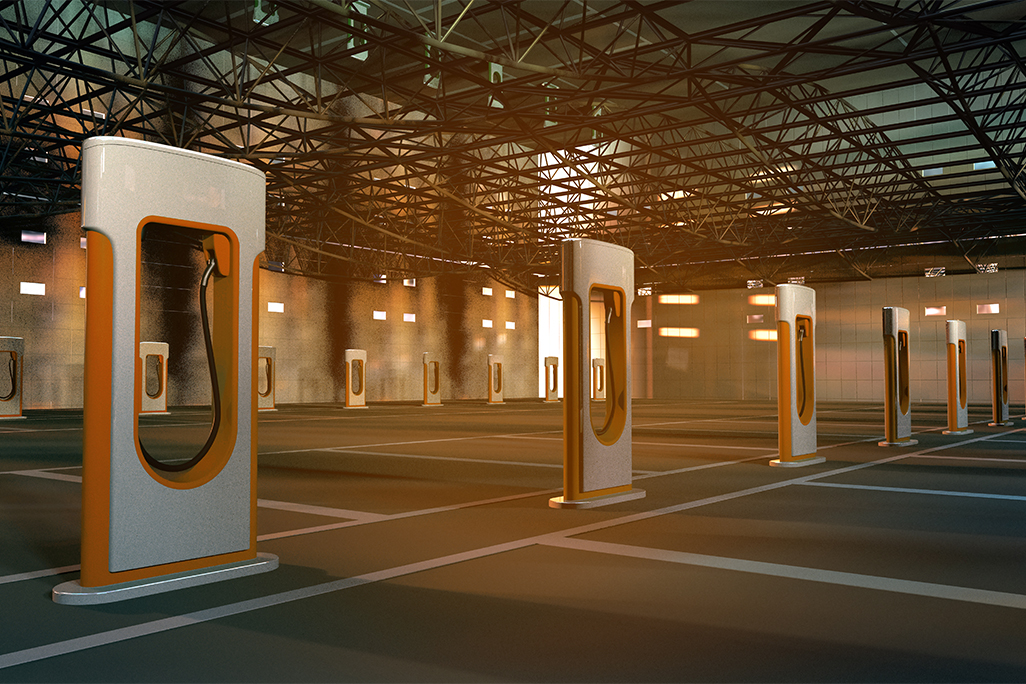Hydrogen Act unbundles Belgium's pipeline market to create regional hub
Published on 10th August 2023
The world-leading legislation creates a clear framework for investment and helps energy-intensive industry to decarbonise

Belgium's federal government adopted its hydrogen strategy in October 2021 that set out its ambitions for renewable molecules to fit in with Europe's ambitions to achieve climate neutrality by 2050 and reduce greenhouse gas emissions by at least 55% by 2030.
Hydrogen is projected to play an essential role in Belgium to make sectors climate neutral when electrification is not technically feasible or economically realistic. In addition, thanks to the country's central location in an energy-intensive region and to its network of seaports, Belgium is perfectly positioned to become a hub for the import and transit of renewable hydrogen to North-West Europe.
The Hydrogen Act
Belgium has initiated many measures since the adoption of its hydrogen strategy, including the recent adoption of the Hydrogen Act on 11 July 2023.
The Belgian Hydrogen Act introduces a regulatory framework for the transport of hydrogen by pipeline. It establishes the procedure and conditions for the designation of a single regulated operator of the hydrogen transport network for the Belgian territory. This hydrogen system operator (HSO) will be responsible, in particular, for drawing up and implementing a hydrogen network development plan and for providing open and non-discriminatory access to its grid with regulated tariffs, known as an "unbundling" regime.
The development of the hydrogen grid will need to occur in consultation with other energy transport infrastructures and will also have to consider the reallocation of existing natural gas infrastructures. The HSO will also have to guarantee the quality of the hydrogen transported on its grid.
'Unbundling' conditions
The HSO will have to comply with strict unbundling conditions. It may not be active in or share any interest in the production or supply of hydrogen, natural gas, biogas, biomethane, other forms of synthetic methane or electricity in order to guarantee its independence from network users and prevent any discrimination against any of these users – that is, "vertical" unbundling.
While the HSO may own and operate hydrogen storage infrastructure and terminal – as well as infrastructure for the transport and storage of natural gas, biogas, biomethane, other forms of synthetic methane and electricity – these activities must be operated in legal entities that are separate from the hydrogen transmission activities in order to prevent any cross-subsidisation – that is, "horizontal" unbundling.
Transitional measures
The Hydrogen Act also lays out a procedure for the designation of an HSO. Given that there are already existing hydrogen transport pipelines on Belgian territory, the Hydrogen Act provides for transitional measures that have been drafted with a view to allow their managers to continue to comply with their current contracts, to facilitate their interconnection as quickly as possible with the network of the HSO, and not to hinder the development of the operator's network.
The current operators of existing hydrogen networks may continue to manage them until 31 December 2030 provided that they offer the transport capacity still available on their networks on non-discriminatory terms, with priority given to the HSO or, if it is not interested, to market participants.
However, after 2030, only the certified and designated HSO would still manage this infrastructure as an independent operator of the existing hydrogen network. Failure to designate the HSO as the independent operator of an existing hydrogen network before 31 December 2030 will result in the expiry of all the hydrogen transport authorisations concerned. The sale of existing hydrogen networks to the HSO is possible but not obligatory.
Compliance with the provisions of the Belgian Hydrogen Act will be monitored by the federal energy regulator, the CREG.
Osborne Clarke comment
The Belgian Hydrogen Act is one of the first of its kind in the world. It creates a clear legal framework in which investments can be made. It will also help energy-intensive sectors, including the chemical industry, in Belgium achieve decarbonisation targets more easily.
For any questions on the above, please contact our specialists.


